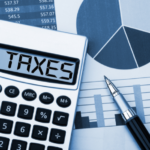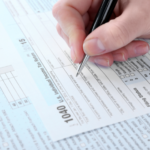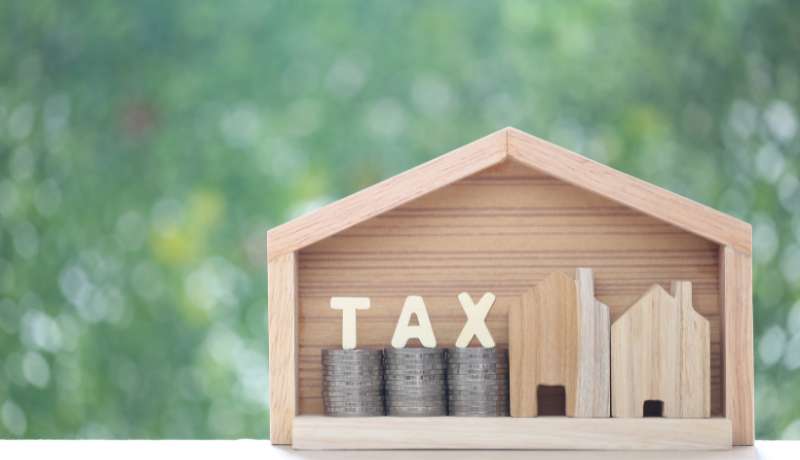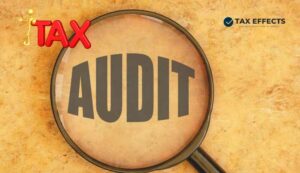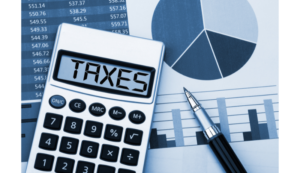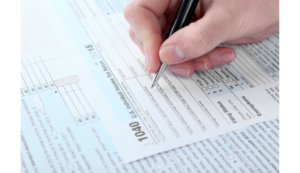There are multiple benefits available to Senior Citizens in respect of filing ITR which is as follows:
(1). Higher Basic Exemption Limit (BEL):
Senior citizens are granted a higher exemption limit as compared to normal individual tax payers. BEL is the income up to which a person is not liable to pay tax. The exemption limit granted to a resident senior citizen for the financial year 2022-23 is Rs 3,00,000. An additional benefit of Rs. 50,000 in the form of higher exemption limit is available to a resident senior citizen as compared to normal individual tax payers.
(2). Age Criteria of a person to qualify as a senior citizen under the Income-tax act, 1961:
Higher basic exemption limit is available only to a Resident senior citizen. These benefits are not available to a non-resident even though he may be of higher age. He must be of the age of 60 years or above but less than 80 years at any time during the relevant financial year & must be resident.
(3). Exemption from payment of advance tax to a senior citizen:
Every person whose estimated tax liability for the year is Rs. 10,000 or more, shall pay his tax in advance, in the form of “advance tax”. However, Income tax act gives relief from payment of advance tax to a resident senior citizen during the relevant financial year if he has not having any income from business or profession, then he is not liable to pay advance tax.
(4). Benefits available in respect of interest on deposits to senior citizens:
Section 80TTB of the Income Tax act gives tax benefits on account of interest income from deposits with banks or post office or co-operative banks of an amount upto Rs. 50,000 earned by the senior citizens. Interest earned on saving deposits and fixed deposit, both shall be eligible for deduction under this section.
(5). TDS deductions under Section 194A:
Section 194A of the Income Tax act provides that no TDS shall be deducted from payment of interest by bank or post-office or co-operative bank to a senior citizen up to Rs. 50,000. Limit is to be computed for every bank individually.
(6). Benefits of Standard Deduction:
Senior citizens who is in receipt of pension income from his former employer can claim a deduction upto Rs 50,000 against such income.
(7). Higher Deduction limit for Medical Insurance Premium under section 80D:
Maximum limit for deduction u/s 80D in respect of payment made for health insurance premium in respect of a senior citizen has been allowed at Rs. 50,000 as against that allowed to other individuals at Rs. 25,000. Deduction upto Rs. 50,000 is also allowed for medical expenses incurred on the health of a Senior Citizen provided no amount is paid for health insurance of such person.
For claiming this deduction, it is mandatory that the health insurance premium/ medical expenses are paid by any mode other than cash.
(8). Higher Deduction Limit in respect of expenses incurred for Medical Treatment of a specified disease or ailment:
For general taxpayers, the amount of deduction available in respect of expenses incurred for medical treatment of specified disease or ailments of self or dependent relative’s u/s 80DDB is Rs 40,000.
However, in case the expenses are incurred by the taxpayer in respect of a dependent senior citizen, the entitlement is Rs. 1 lakh in a year.
(9). Form No. 15H for Non-deduction of TDS:
A senior citizen may submit Form No. 15H to the deductor for non-deduction of TDS on certain incomes referred to in that section, if the tax on his/ her estimated total income of the relevant financial year comes to nil.
In case of Senior Citizens, this form can be submitted if the Total Income after Deductions is less than the minimum amount exempted from the levy of tax whereas in case of non-senior citizens this form is applicable if the Total Income before deductions is less than the minimum amount exempted from levy of tax.
Hence, in case of Senior Citizens the benefit is higher & therefore Form 15H is to be filed whereas Form 15G is to be filed in case of non-senior citizens.
(10). Income tax provision on Transfer of Capital asset under ‘Reverse Mortgage Scheme’:
The transfer of a residential house property by way of a reverse mortgage as per the Reverse Mortgage Scheme made and notified by the Central Government for senior citizens, is not liable to be taxed as Capital Gain (nor under any other head of income).
(11). Conditions under which certain specified senior citizens are not required to file ITR:
From AY 2022–23, in case of senior citizens of the age of 75 years or above having only pension income and interest income only from the account(s) maintained with a bank in which they receive such pension, such senior citizen shall not be required to file their ITRs.
The specified bank shall be responsible for computing their total income and deducting tax thereon after giving effect to various deductions allowable under Chapter VI-A and rebate u/s 87A of the Act under Section 194P of Income Tax Act, 1961.
(12). Income Tax Slab Rates for Senior Citizens:
(A). Slabs Rates for Senior Citizens of the age from 60 to 80 years under Old Scheme –
| INCOME SLAB | RATE OF INCOME TAX |
| Upto Rs. 3,00,000 | NIL |
| Rs. 3,00,001 to Rs. 5,00,000 | 5% |
| Rs. 5,00,001 to Rs. 10,00,000 | 20% |
| Above Rs. 10,00,000 | 30% |
(B). Income tax Rate Slabs for Senior Citizens of the age from 60 to 80 years under New Scheme:
| INCOME SLAB | RATE OF INCOME TAX |
| Upto Rs. 2,50,000 | NIL |
| Rs. 2,50,001 to Rs. 5,00,000 | 5% |
| Rs. 5,00,001 to Rs. 7,50,000 | 10% |
| Rs. 7,50,001 to Rs. 10,00,000 | 15% |
| Rs. 10,00,001 to Rs. 12,50,000 | 20% |
| Rs. 12,50,001 to Rs. 15,00,000 | 25% |
| Above Rs. 15,00,000 | 30% |
Note –
1) Surcharge will apply If taxable income is more than Rs. 50 lakhs @ 10% & other specified percentage if taxable income exceeds the specified limit as prescribed.
2) Health & Education Cess will always apply @ 4% of (Income Tax + Surcharge).
3) In case a senior citizen opted for New Tax Regime, then he will not be liable to claim any deduction & exemption as mentioned above such as Standard Deduction, Section 80C, 80D, 80DDB, 80TTB etc. & also his basic exemption limit will be Rs 2,50,000 as against Rs 3,00,000 in old regime.
(13). Investment in Senior Citizens’ Saving Scheme (SCSS):
Probably the first choice of most retirees, SCSS is a must-have in most retirees’ investment portfolio. This scheme is available only to senior citizens or early retirees. SCSS can be availed from a post office or a bank by anyone over the age of 60 years. SCSS has a 5-year lock-in-tenure, but it can be extended for 3 years after the scheme matures.
Currently, the interest rate in SCSS is 7.4 % per annum, payable quarterly & fully taxable. The upper investment limit is Rs 15 lakh & one may open more than one account. The capital invested & interest pay out, which is assured, has sovereign guarantee. It also offers tax deduction u/s 80C of investment amount & allows premature withdrawals.
However, From April 2023 onwards, the Interest rate proposed to be increased by the Govt. to 8%.
(14). Extra Interest on Bank FDs investment:
Bank FDs offered to senior citizens with additional interest. Most banks offer 0.5 % extra on the deposit rate of the duration chosen by them. The higher rate is also for any tax-saving deposit opened in the bank. At the time of initial deposit, proof of age is required to be submitted to the bank.
Happy Readings!
Disclaimer: The information contained in this website is provided for informational purposes only, and should not be construed as legal/official advice on any matter. All the instructions, references, content, or documents are for educational purposes only and do not constitute legal advice. We do not accept any liabilities whatsoever for any losses caused directly or indirectly by the use/reliance of any information contained in this article or for any conclusion of the information.



